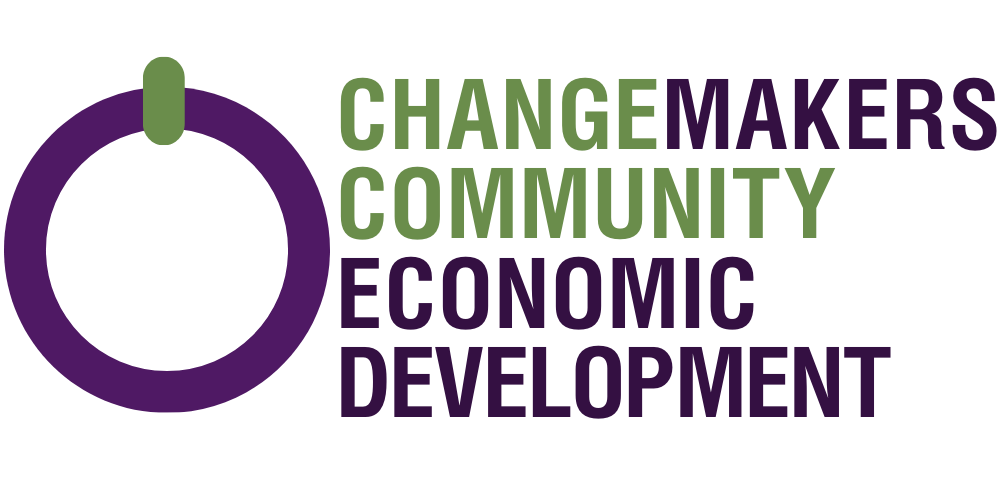Empowering Women for Generational Impact
How do women access financial empowerment? What does financial empowerment for women look like? In this article, we explore how women access financial empowerment in underserved communities.
What are financial inclusion and financial literacy? Financial literacy is the knowledge about how money works, while financial inclusion is the ability to access it. The International Monetary Fund (IMF) says that “financial availability means that individuals, firms, and institutions have access to services that enable them, in turn, to use their money in ways they want, including savings, credit, and insurance.” The IMF defines financial empowerment for women as “the ability of women to control their own lives through sustainable livelihoods by fulfilling aspirations in terms of education, health, employment and income generation.”
Generational wealth begins with women. When a woman decides to bet on herself and her future, she invests in small businesses that will help grow the local economy. A woman's investments (time and money) into her education provide a foundation for better life choices – going to school, choosing a career, finding a new job, starting a business – all of which have a positive effect on household income and family stability.
At Changemakers believe that by investing in women and their communities we can help eliminate poverty and build a better world. Learning from Dr. Muhammad Yunus, Nobel Peace Prize laureate and founder of the Grameen Bank. More than 20 years ago, Yunus laid out his vision to build a world free of poverty through supporting women entrepreneurs and building sustainable communities. The Grameen Bank was the first financial institution in the world to make individual small loans available to poor people with little or no collateral.
Changemakers are making moves to be able to provide these types of loans to women in Hawai'i. Join us as we develop this capacity and make a generational shift in our culture and community.

